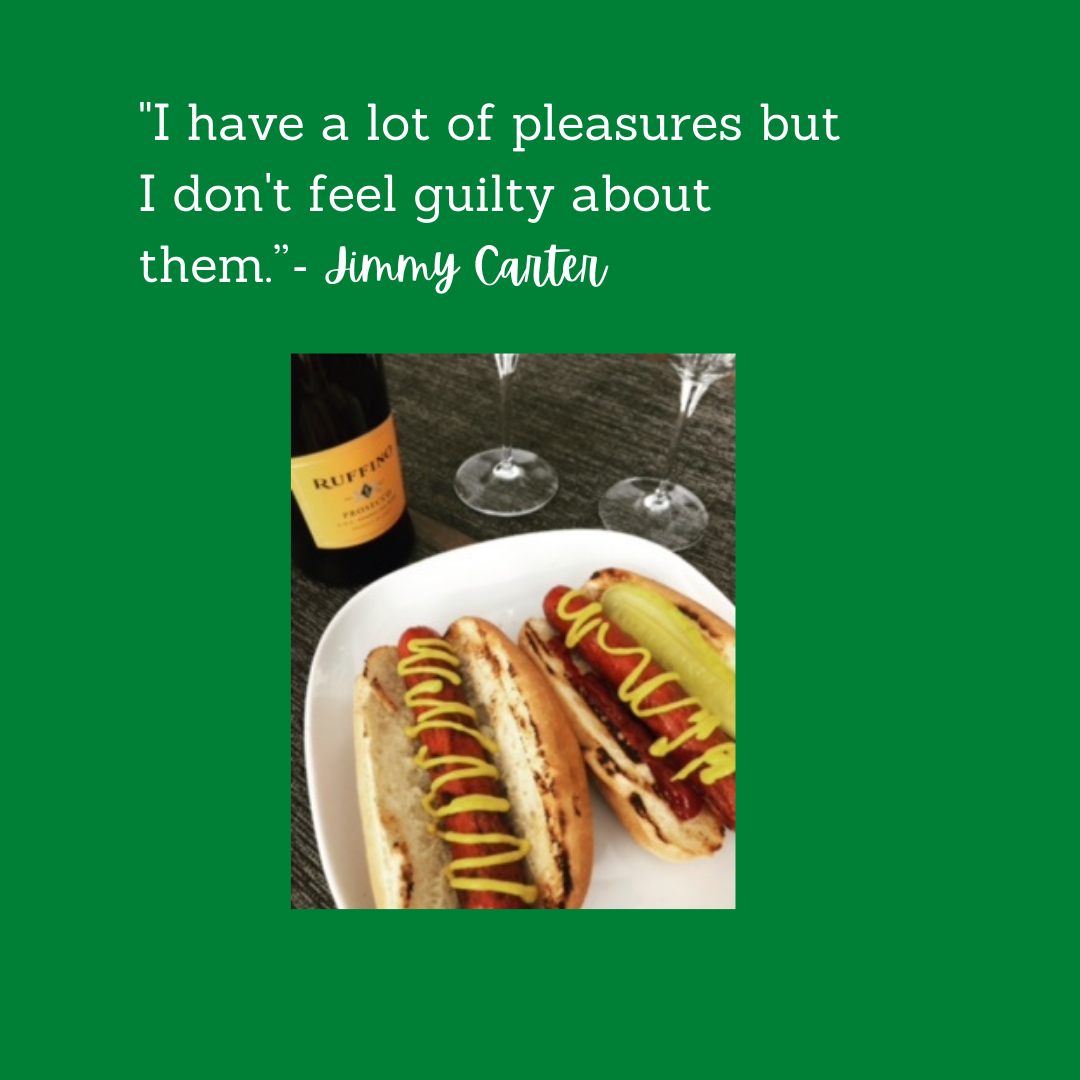
One of the toughest personal shifts I have been working through since becoming self-employed has been figuring out how to spend my time. Having more freedom and flexibility with my time doesn’t automatically mean that I know what to do with it. Or more specifically, that I know how to think about it and use it in a guilt-free way.
Intellectually, I know that I control how I choose to spend my time. And yet, I often feel trapped by the need to be doing something “productive” with it. In this post, I examine my traps and I reflect on some of the changes I have noticed as a result of shifting my mindset.
Words matter. How we choose to name or phrase things influences our perception of them. One phrase that I have been working on dropping from my vocabulary is guilty pleasures. This phrase is problematic for me for many reasons. One, it suggests that spending time on the things that I enjoy or fill my soul, are somehow frivolous and therefore, should not be deemed as high-priority activities. Two, calling something a “guilty” pleasure implies that I should feel embarrassed or ashamed by it — that I should hide or not call attention to any activity that doesn’t adhere to an expected life script. And three, there are many benefits that come from lifestyle activities and living in a well-rounded way and calling these activities guilty pleasures diminishes these benefits.
Identity. It’s hard to separate who I am from what I do. And I don’t think that I am alone in feeling this way. As kids, how many times were we asked, “What do you want to be when you grow up?” And as adults, how many times are we asked, “What do you do for work?” In North America, these two questions are at the top of the getting-to-know-someone list, so it is no wonder that I have consciously and unconsciously allocated a huge part of my identity to work.
This identity allocation has shaped the narratives that I have about work and lifestyle. Narrative #1 is that my value is measured by how busy I am, my title, my status in a company, and how much I earn. Narrative #2 is that work comes first in my calendar. This narrative feeds the pattern: finish your work and then you can fit in a lifestyle activity. Or better yet, take a vacation from work if you want to enjoy a lifestyle activity. And narrative #3 is that lifestyle activities are for leisure only — there is no benefit or reason to do them other than fun.
I’m choosing to lead with lifestyle rather than leading with work. Changing my narratives about work is hard. I want to change my thinking but my inner critic and ego are fighting hard to keep the narratives alive.
I accept that I am a work in progress and that this transition will take time. The first step for me was listening to my body and recognizing that I needed a break. I wrote about this in Fresh Start Moments. Essentially, I gave myself permission to make the last quarter of 2021 about well-being with a sprinkling of work on the side.
Now, as much as possible, I try to prioritize my lifestyle activities and then I fit work around them. And, as I’ve started to focus on the things that really fill my cup (boxing, walking, knitting, reading, crosswords, Odi, connecting with the people in my life), I have noticed renewed energy, stronger presence, more focus, and less space to worry or ruminate. And ironically, more productivity with work!
It’s not always easy and of course there is a balance. But I know that I am skewed and conditioned to lead with work so it feels okay to be more extreme about leading with lifestyle.
How do you decide what activities and experiences to prioritize? What might happen if you chose to lead with lifestyle?